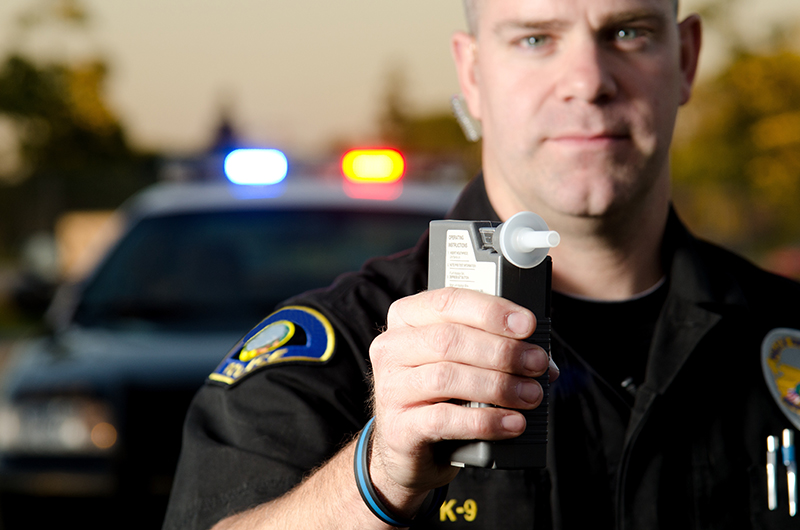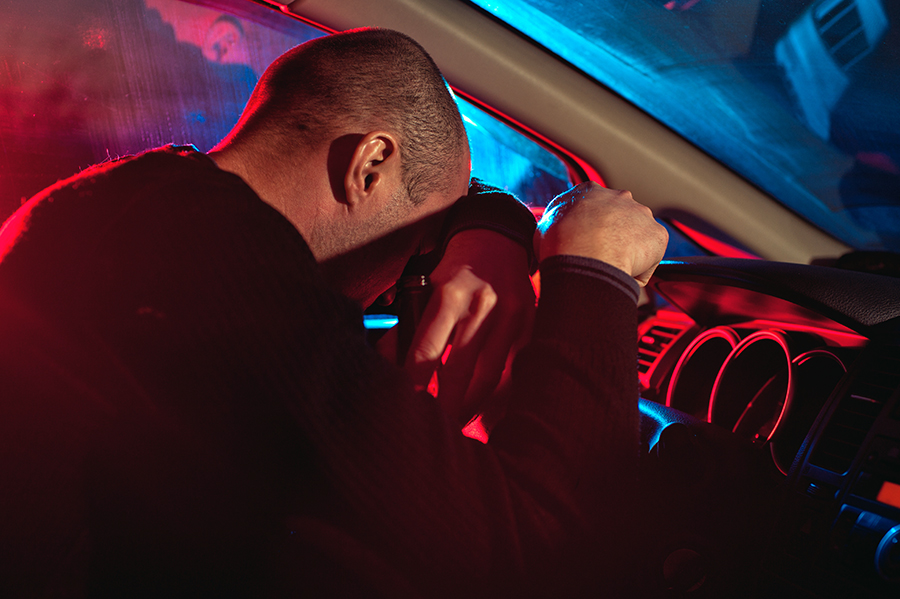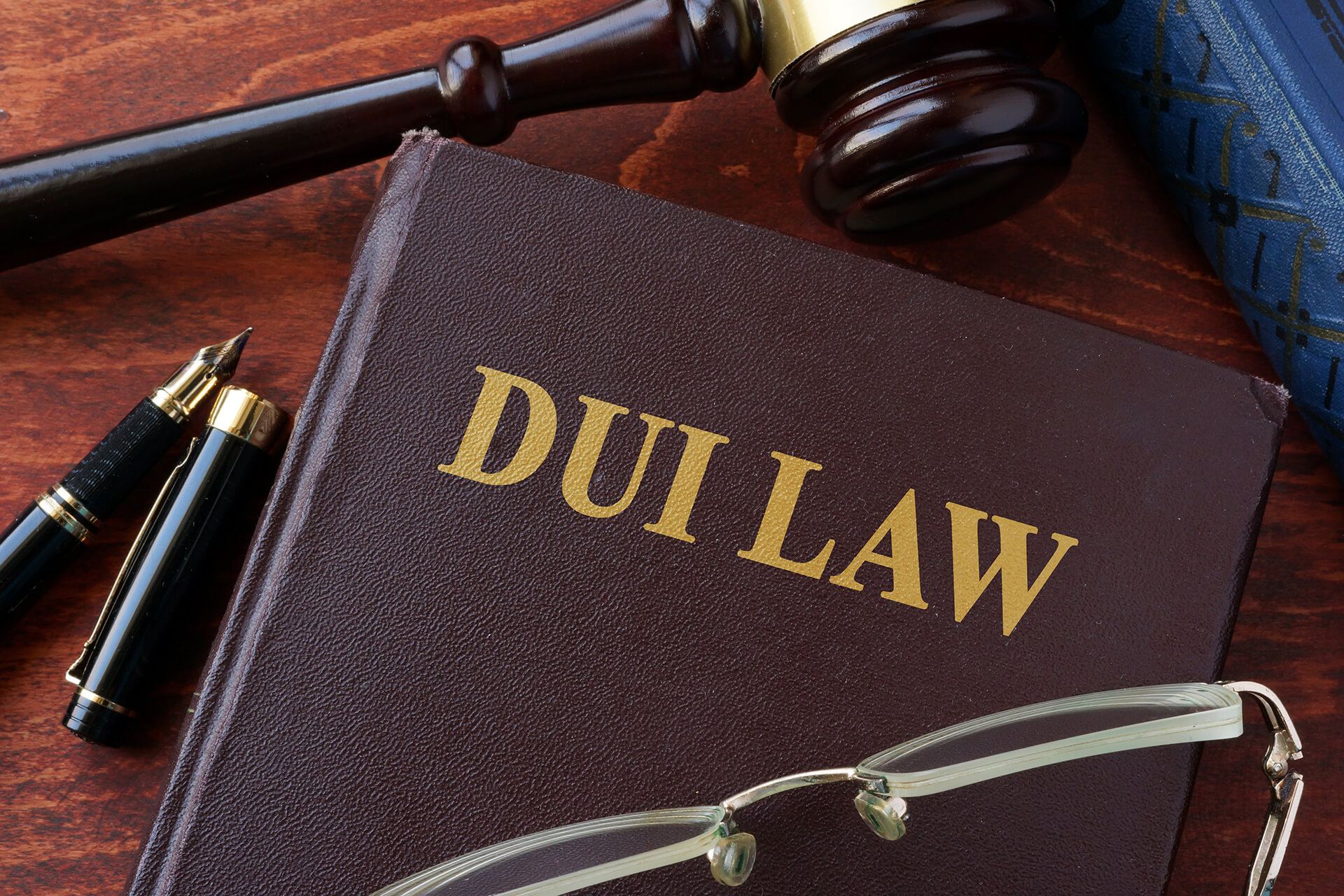
Utahns may have to have more designated drivers and watch their alcohol consumption much more carefully in the future. According to KSL.com and the LA Times, a Utah legislator will propose legislation to lower the legal blood alcohol level to a mere .05%.
 Utah is tough with vehicle insurance after DUI’s
Utah is tough with vehicle insurance after DUI’s
Our State is considered one of the toughest of all when it comes to DUI convictions and vehicle insurance requirements. In fact, following a conviction in the State, the dreaded SR-22 auto insurance is mandatory for a period of three years.

“Per se” DUI laws exist across the country. In these states, there is a presumption that the driver of a vehicle is operating under the influence if he or she exceeds a certain level of blood alcohol concentration. Currently, in the state of Utah, the Blood Alcohol Limit (BAC) is .08%. However, Governor Herbert has signed a bill that will lower the limit to .05% and will take effect Dec. 30, 2018.

The Utah legislature has tweaked the driving under the influence laws in the state. The law had said that novice drivers who had even one drop of alcohol in their system could be arrested for drunk driving.

Driving is an important responsibility. Many of us don't realize that we risk our own lives, as well as those of others, every time we drive. Sure, most of the time things turn out to be fine. However, people increase the chances of danger when they drink and drive.

The U.S. Supreme Court case of Birchfield v. North Dakota determined whether a warrant was needed to draw blood in a DUI case. In this case, the Court found that officers do need to obtain a search warrant before subjecting a suspect to a blood test. The Court also added that states cannot criminalize refusing a blood test if no warrant has been obtained. Although Birchfield deals with a DUI case, it created questions about other police investigations where blood testing is sought.

 Utah is tough with vehicle insurance after DUI’s
Utah is tough with vehicle insurance after DUI’s



